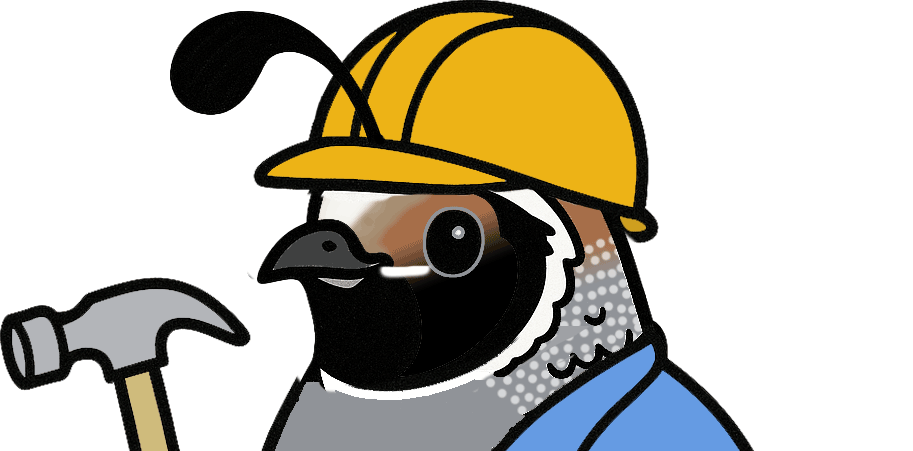It's that Time Again! Babies are Here!
- Mar 29, 2024
- 2 min read
Updated: May 8, 2024
And poof! It happened just like that. The trickle of babies that will soon turn into an overflowing stream began to arrive. Right on schedule, we received our first, a baby Barn Owl on March 13th.

Found as a helpless ball of fluff on the ground, this youngster came in really needing our care. He was both underweight and lethargic.
Now, if you haven't met or heard a baby Barn Owl before, you need to understand they normally display full-on talon attacks with near-constant screams! The fact this wasn't happening was a sign this 47-day-old bird was feeling far less than 100%.
Being a raptor, he had to simultaneously go through the HPAI quarantine process while receiving the supportive care he desperately needed. Fortunately, he grew stronger and more vocal by the day. With no injuries found, and sadly also no parents, he has now joined a group of early orphans from our friends at Sonoma County Wildlife Rescue and will be soft-released, or 'hacked' back into the wild. "Hacking" is a process where the babies grow together in a box and are provided food until they are old enough to venture out on their own. Luckily, Barn Owls have a hunting instinct that kicks in when they hit a certain age and by the time they are ready to leave the nest, with additional food provided just in case, they are as adept as seasoned adults at hunting and flying. Here's hoping for a happy return to the wild for this bird and the whole group!

The day after the arrival of our baby Barn Owl, a baby Anna's Hummingbird arrived. This tiny one had been caught by an outdoor cat. Thankfully, no broken bones were found. We promptly put him on antibiotics and pain medication. Not only do cats carry a lot of bacteria in their mouths, their saliva is toxic to birds!
The following day, another Anna's Hummingbird arrived! And so it begins...

Baby hummingbirds need to be fed every 30 minutes for 12 hours every day. Now that we are well into March, we're ramping up for the onslaught of babies that are coming. 70% of the 2,500 patients we receive each year will come in over the next four months.
Having already received our first baby songbirds and raptors, and knowing that the waterbirds from the W 9th Street rookery are right around the corner, we've made a list of supplies and materials we'll be needing over the course of the summer months.

Baskets When baby raptors fall from the nest, the majority of the time we also need to replace an old nest. We strive to provide something sturdy that will last, but also is close to as natural as we can make it. Currently, the woven baskets from JoAnn Fabrics are the best viable option we've found: Click here!




Comments